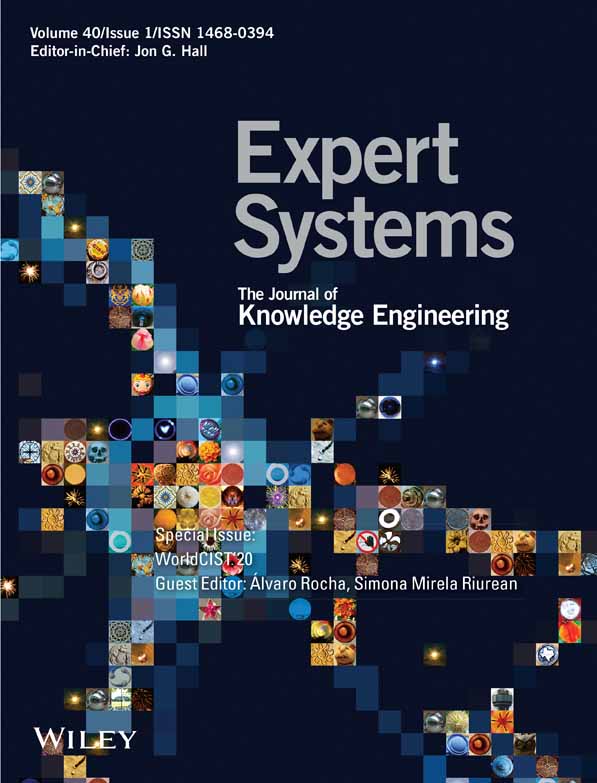Radial eco-efficiency in the presence of weakly disposable undesirable outputs: Evaluating agricultural sectors
Abstract
Data envelopment analysis (DEA) is a popular technique for evaluating relative efficiency. In many real-world applications, undesirable outputs must be considered, and evaluating eco-efficiency instead of operational efficiency is demanded. Unfortunately, eco-efficiency models in DEA are problematic, especially in variable returns-to-scale (VRS) and weak disposability conditions. In this paper, the shortcomings of the available models are discussed and a new method is proposed to provide a valid eco-efficiency measurement. The proposed model is capable of assessing radial efficiency which is not straightforward in the presence of undesirable outputs. Weak disposability condition plays an important role in modelling undesirable outputs. The proposed model also offers a new formulation for weak disposability in VRS technology. Compared to conventional DEA models with a large number of decision making units evaluated as efficient, the performance scores in the proposed model are much more dispersed, leading to a deeper assessment. None of the operational and environmental efficiencies is overlooked by the new method. The proposed model is used to evaluate the eco-efficiency of the agriculture sector in 62 countries. The results confirm that poverty and extreme weather have negative impacts on environmental efficiency.
CONFLICT OF INTEREST
The authors declare no conflicts of interest.
Open Research
DATA AVAILABILITY STATEMENT
The data that support the findings of this study are available in Faostat at http://www.fao.org/faostat/en/#data. These data were derived from the following resources available in the public domain: - Food and Agriculture Organization of the United Nations., http://www.fao.org/faostat/en/#data. - International Labour Organization, https://ilostat.ilo.org/data.




